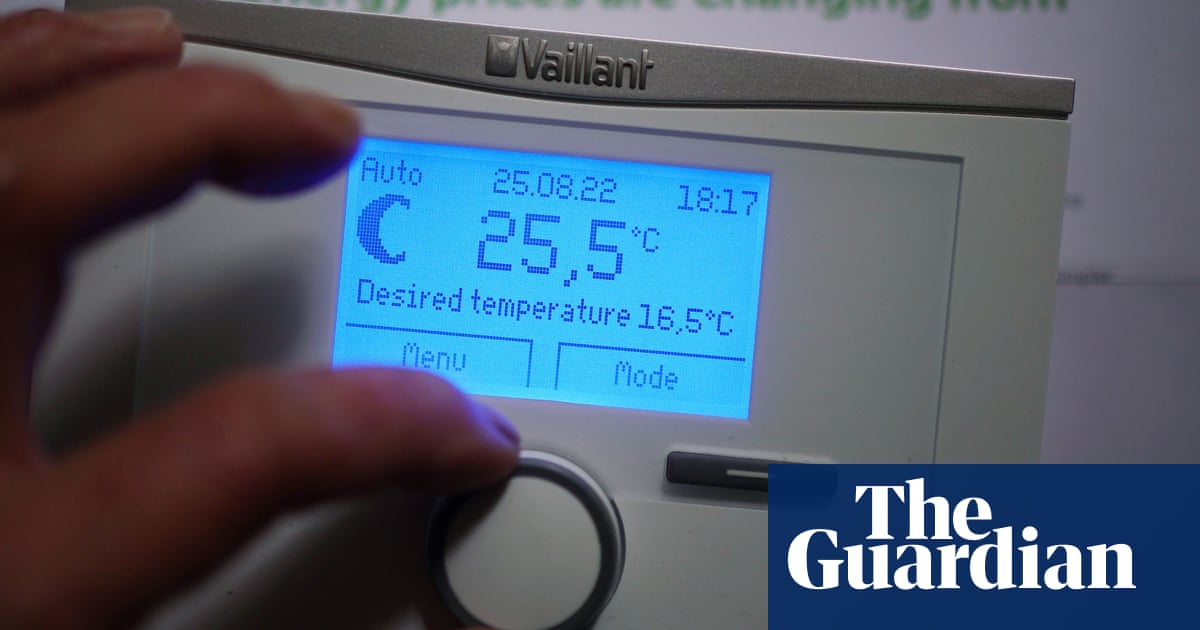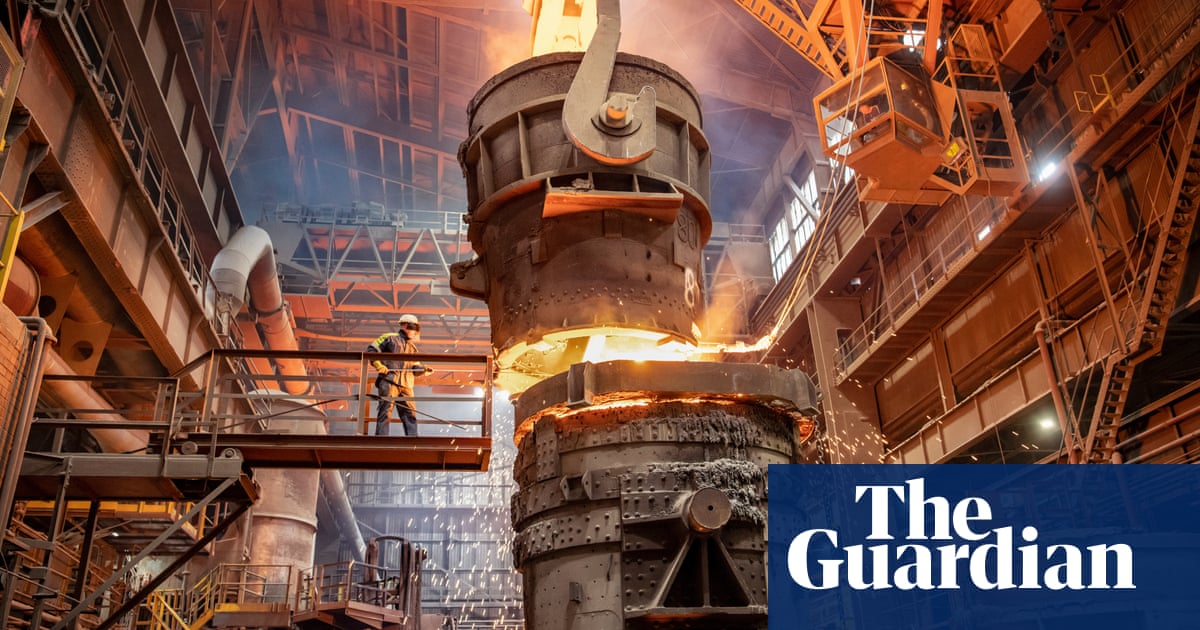
Insulating Britain’s draughty houses, overhauling the planning system, and preventing housebuilders from selling sub-standard homes would all cut people’s energy bills and help set the UK on track to net zero greenhouse gas emissions, green building experts are to tell ministers.
The UK Green Building Council (UKGCB) has laid out a three-point plan for the government to consider, which would reduce energy waste and carbon dioxide, and will present it to the Department for Business, Energy and Industrial Strategy on Tuesday. The charity has assessed current polices on buildings and judged most to be “red-rated”, meaning detailed policy frameworks are missing, flawed, or do not put the UK on track to meeting net zero.
The building experts are concerned that there are almost no policies to encourage and support owner occupiers to decarbonise their homes. Although there are some schemes for people on lower incomes, these are poorly funded and will be slow to reach many people.
“While the government has introduced some funds and initiatives for those in fuel poverty, these reach a small fraction of the homes that need attention,” the UKGBC found in its policy assessment.
This is a glaring gap, as without help most homeowners are unable or unwilling to embark on the process of insulation, which saves about £700 a year on average on bills but involves upfront costs of about £1,000 to £8,000 and some inconvenience to households.
The number of insulation installations in the UK has plummeted in the past decade, as government help has been withdrawn, and the stop-start nature of policy on the issue has deterred the construction industry from investing in the skills necessary to equip a large workforce of installers.
Investing in retrofitting homes could create as many as half a million new skilled jobs around the country over the next decade, and save the NHS an estimated £1.4bn a year because so many people are falling ill with conditions related to their cold homes, which are estimated to kill about 10,000 people a year, according to UKGBC.
Louise Hutchins, head of policy at UKGBC, said: “There are still huge gaps in policy, and we need more ambition. There has been a lack of leadership from the government. Yet improving insulation could help people in many ways – on fuel poverty and on health, and it creates jobs. It ticks so many boxes.”
Planning reforms that would encourage the reuse and refurbishment of existing buildings, rather than the carbon-intensive process of tearing them down and rebuilding them, would also help to cut greenhouse gas emissions from the built environment. Buildings are the UK’s second largest single source of emissions, after surface transport, so no net zero CO2 strategy can succeed without solving these problems, Hutchins said.
Another serious problem is that even newly built homes are failing to reach the high energy efficiency standards that are now possible, and homes are still being built with gas boilers instead of heat pumps, and without solar panels or electric vehicle charging points.
This represents a widespread and costly failure, as homeowners will have to pay to retrofit even newly built properties in the future.
The government plans to bring in new regulations from 2025 to remedy this, but the UKGBC says plans for the change in rules fall well short of what is required.
Julie Hirigoyen, chief executive of UKGBC, said: “Bold ambitious government policy to decarbonise the built environment is a huge opportunity for the economy and for green businesses, yet our analysis shows it is largely missing within the current government agenda. In the last year, we have seen baby steps when we need giant leaps.”












